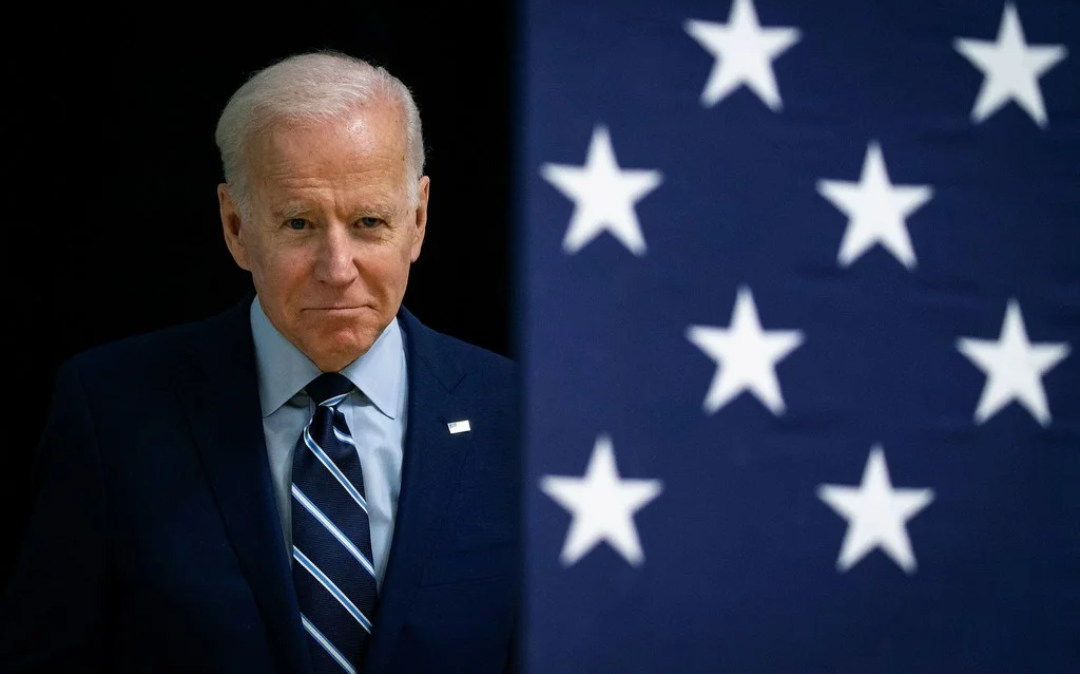Source: The New Yorker
Photo: Al Drago/Getty
For the past year, the Democratic establishment has played such an ineffective role in the Party’s Presidential primaries that it made sense to wonder whether it still existed at all. It certainly couldn’t run a caucus, as the chaos of Iowa proved, nor could it billionaire-proof its Presidential race. Donors could not agree upon a preferred candidate—the finances of the presumed establishment favorite, Joe Biden, were so depleted that, late in February, there were reports he might soon need to fly commercial to campaign events—and none of the moderates in the race seemed able to fix on an issue beyond displacing Donald Trump, so that debate after debate was dominated by Bernie Sanders’s call for Medicare for All. In 2016, Sanders had threatened to overthrow the established Party—something like a genuine political revolution—but this time he seemed likely to simply outorganize it. Political consultants have traditionally recommended a clear economic message and a candidate who does not stray from it, a highly motivated group of well-known surrogates, a field-beating fund-raising network, and a plan to use it to outmaneuver any rivals. As the year began, Sanders had them, and the more conventional candidates did not.
Fear turned out to be a cohesive ingredient this week. On Saturday evening, Biden won the South Carolina primary in a rout, and, although he had placed just fourth, fifth, and a very distant second in the earlier contests, it was enough to signal that he was the figure to rally around. By Sunday evening, Pete Buttigieg had dropped out of the race. On Monday morning, the former Virginia governor Terry McAuliffe, who has chaired the Democratic National Committee and the Presidential campaigns of Bill and Hillary Clinton, held a press conference in Richmond to announce that he was backing Biden (though it was briefly delayed when McAuliffe got stuck in an elevator). By lunchtime on the East Coast, Harry Reid had announced that he was on board with Biden, and so had Amy Klobuchar, who said that she was suspending her own campaign and flying to Dallas to join the former Vice-President at a rally. Then came endorsements from the former Obama national-security adviser Susan Rice, and from the former congressman and Presidential candidate Beto O’Rourke, who since the end of his campaign had grown and then shorn a beard. By evening, Buttigieg had arrived in Dallas to endorse Biden, and the former Vice-President was praising the young mayor by comparing him to his son Beau, who died of brain cancer, in 2015, and had been the attorney general of Delaware. Behind the podium, Buttigieg bowed his head. Fathers, sons, pious gestures—the Democratic Party establishment had moved onto Biden’s turf.








